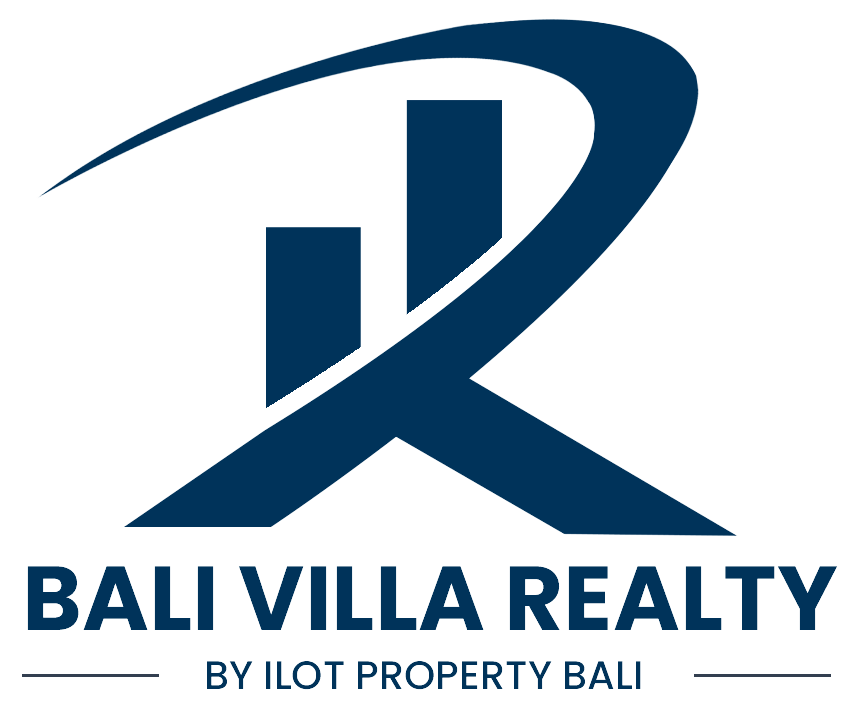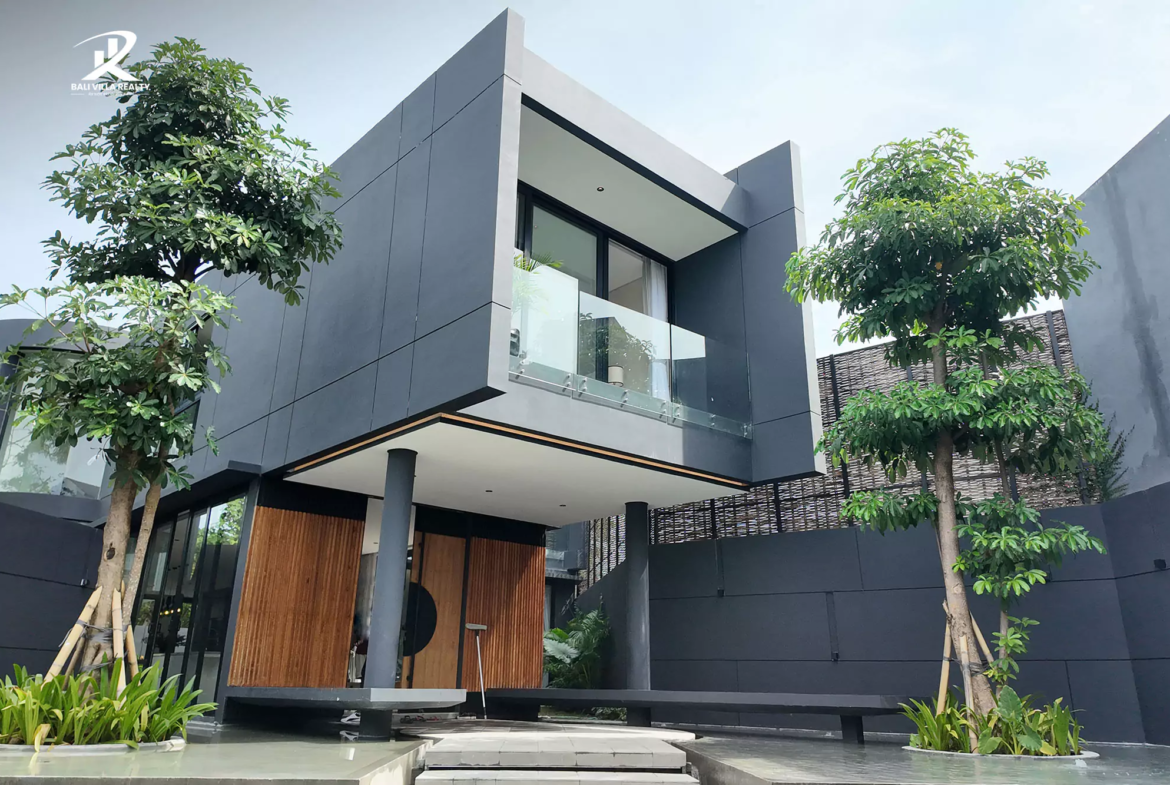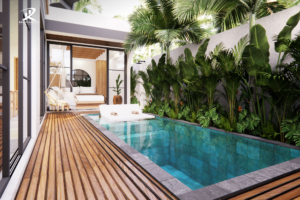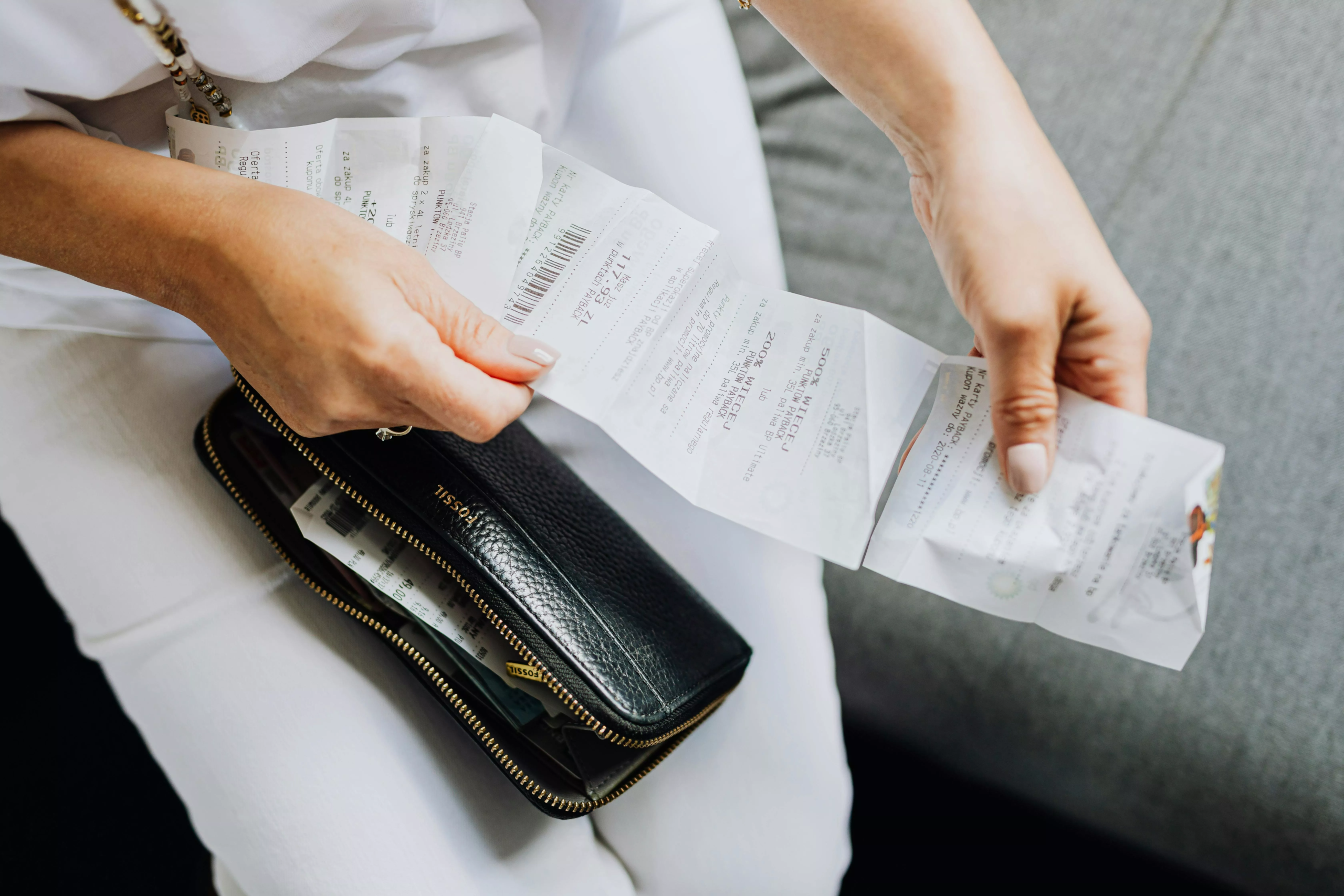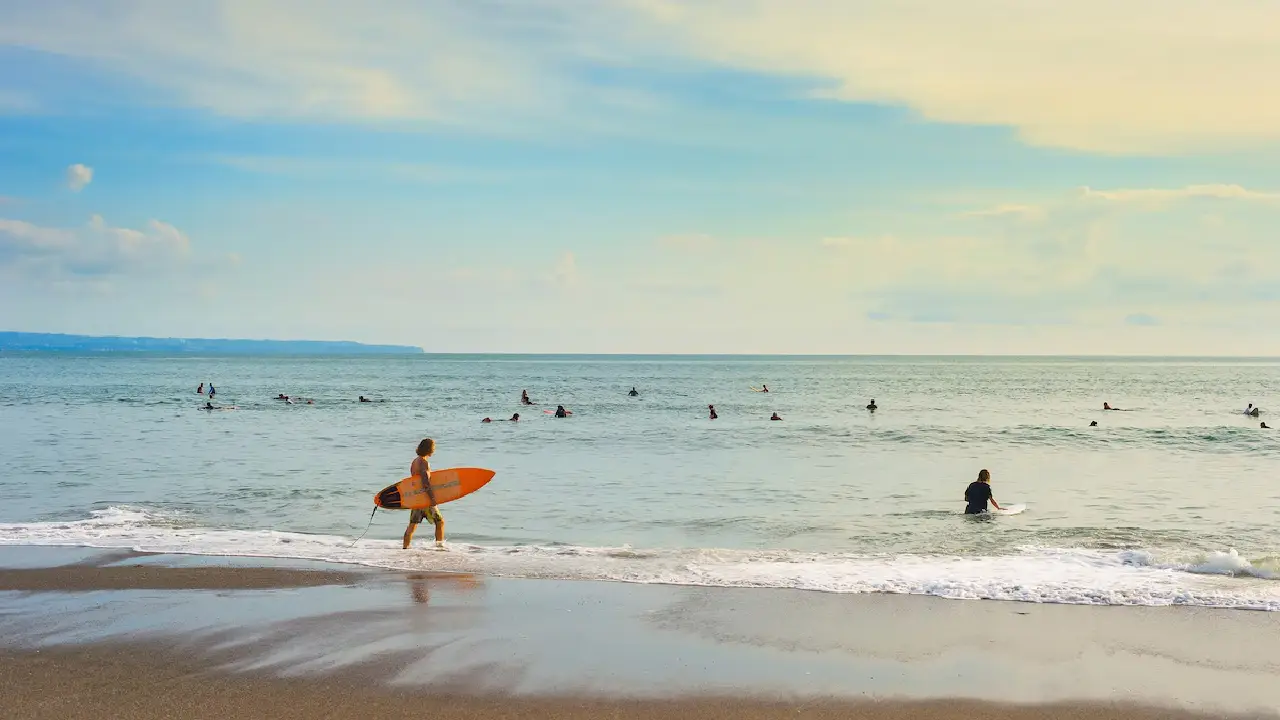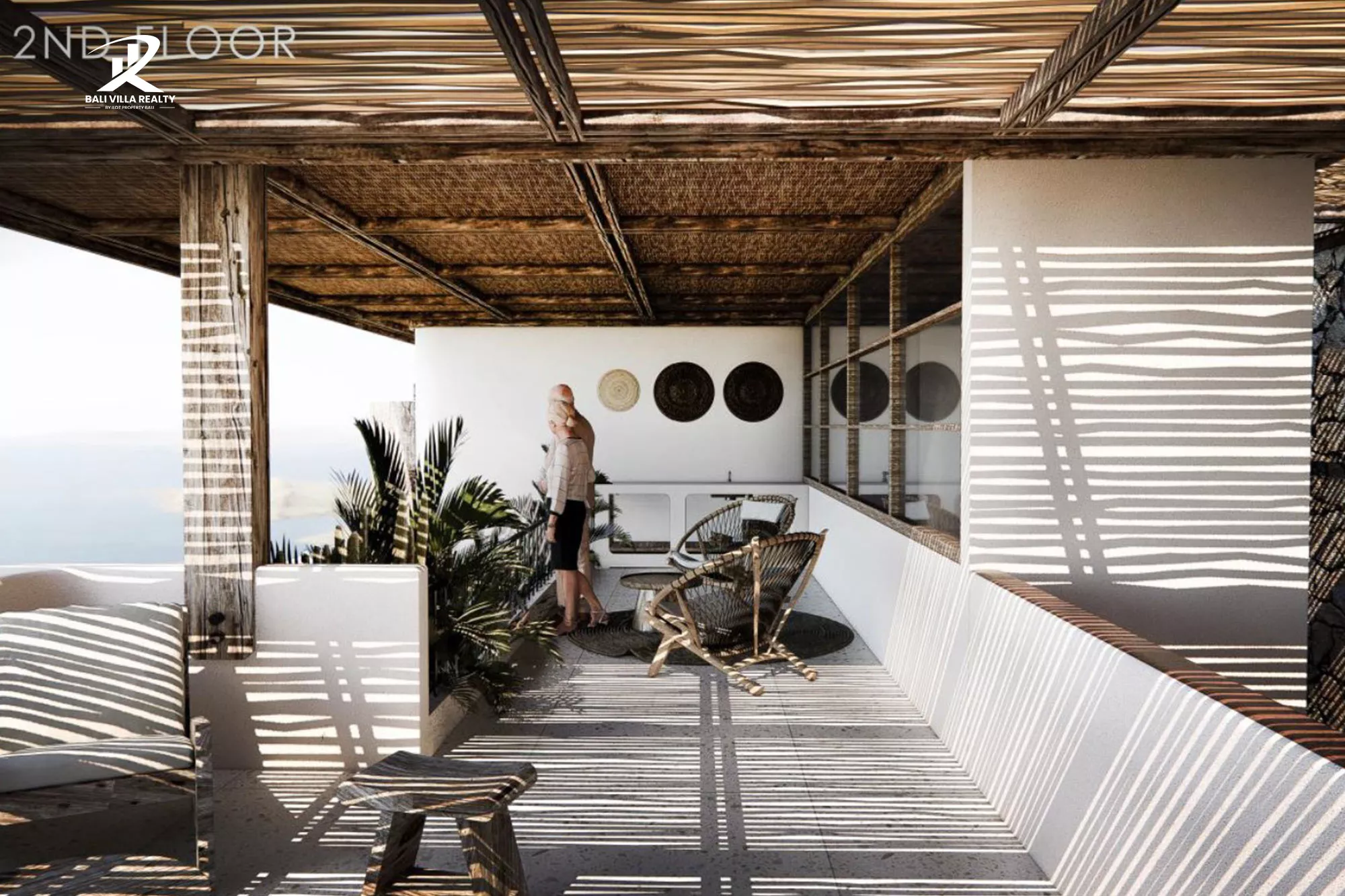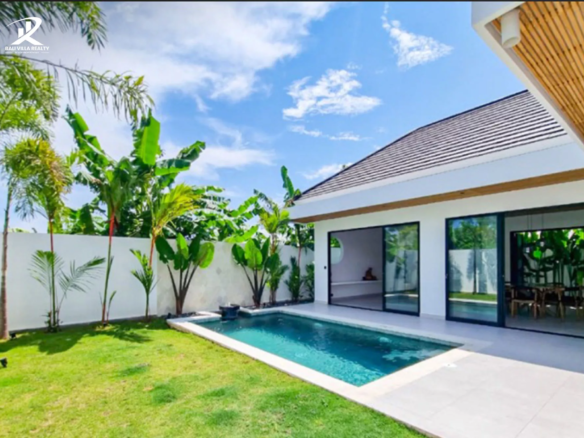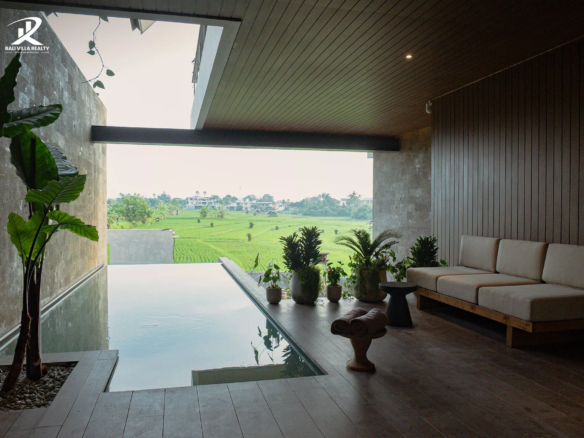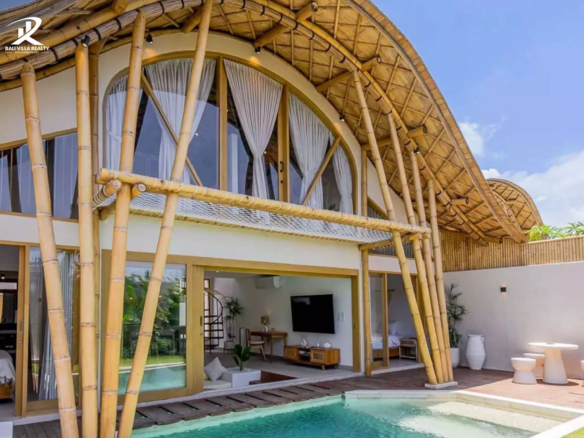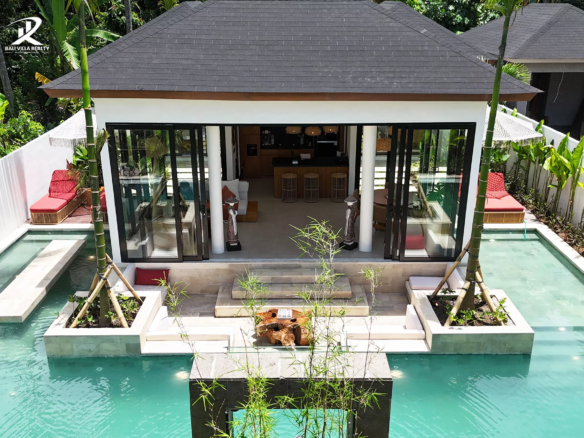If you're a villa owner targeting the Airbnb Bali market, August is your big moment.
With global travel peaking, especially from Europe and Australia, Bali’s vacation rental industry sees its highest earnings this time of year.
But with over 38,000+ active listings, how do you stand out?
Here’s how to maximize your Airbnb Bali bookings, backed by real data and proven tips.
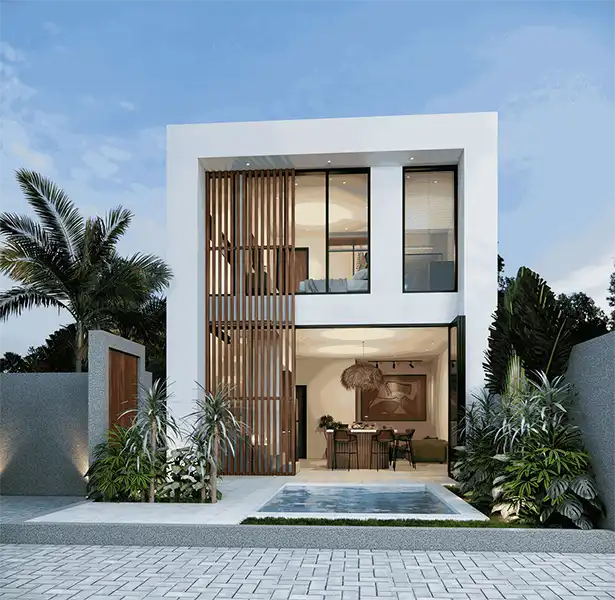
Get a Customized Investment Plan in Bali
With over 15+ years in the market, here’s what we can do for you:
- Find the best location to invest in Bali.
- Reliable guidance on Bali’s property market and laws.
- Personalized strategy to maximize returns and meet your financial goals.
Contents
Key Takeaways
- August is the most profitable month for Airbnb villa owners in Bali, driven by peak travel from Europe and Australia during Bali’s dry season.
- Top-performing listings hit 90–100% occupancy, with over 6,000 villas reaching that range—proving high earnings are achievable.
- Amenities matter. Your villa must-haves like high-speed Wi-Fi, private pool, and air conditioning significantly increase bookings. Tailor features to specific guest types like digital nomads, short-term travelers, and honeymooners.
- Hiring a property manager and using tools like dynamic pricing can maximize occupancy and simplify operations, especially if you’re not based in Bali full-time.
Top Villa Deals: Available Bali Villas for Sale - Leasehold and Freehold
The Most Profitable Month for Airbnb in Bali
According to Airbtics, August shows the highest average monthly revenue for villas in Bali, outperforming July and September.
Source: Airbtics - Airbnb revenue by month
Thanks to European summer breaks, Australian winter escapes, and Bali’s perfect dry-season weather, bookings soar.
If you’re not taking advantage of August, you’re leaving money on the table.
Read More: Ultimate Guide: How to Start an Airbnb Business in Bali
What the Data Says About Bali Villas
But before we get into the practical tips, let’s start with where the market currently stands.
According to the latest PriceLabs data, the average occupancy rate in Bali sits at 65%.
That’s a healthy figure, especially when you consider global benchmarks.
Source: Airbtics - Average Airbnb occupancy rate in Bali
But here’s where it gets really interesting:
- 90–100% occupancy listings dominate the top tier, with around 6,600 listings in that range
- 80–90% → ~5,400 listings
- 70–80% → ~4,700 listings
- Listings with 0–10% occupancy are less than 300, meaning most villas are getting booked at least part of the time.
These numbers tell you that high performance is possible.
Thousands of villas are hitting 70 %+ occupancy, and many are fully booked through peak months like August.
How Do You Get More Bookings on Airbnb?

Let’s break it down into simple, proven steps to help you attract the right guests and fill your calendar.
1. Add What Guests Want
Knowing the numbers is one thing, but it’s not enough. Your villa needs to capture your intended tenants.
PriceLabs recently shared a deep dive report on which amenities boost Airbnb bookings. It’s based on real performance data across thousands of listings.
Here are a few standout amenities that consistently improve occupancy:
- High-speed Wi-Fi: A non-negotiable for digital nomads and remote workers.
- Air conditioning in every room: Especially during Bali’s dry season heat.
- Private pool: Still one of the biggest booking drivers.
- Washer/dryer: Long-term guests love this one.
- Dedicated workspace: Even a small desk and chair can make a big difference.
- Free parking: Especially for those renting scooters or cars.
Pro tip: Mention these amenities clearly in your listing title and description, not just the amenities section.
Read More: How to Set Up Villa Price on Airbnb for More Guests
2. Tailor Your Amenities to Your Target Guests
There are three major Airbnb renter categories you need to pay attention to: the digital nomads, short-term guests, and the honeymooners.
Now, you need to ensure giving the right amenities since it can drastically impact bookings and reviews.
Here’s what guests want based on PriceLabs and Airbtics data:
- For Digital Nomads
- High-speed, reliable Wi-Fi (mention Mbps in your listing)
- Dedicated workspace (desk, ergonomic chair, quiet area)
- Coffee maker or nearby café access
- Washer/dryer (they stay longer and work remotely)
- Natural light + blackout curtains for Zoom calls and sleep
- For Short-Term Renters
- Private pool (great for photos + quick dips)
- Air conditioning in all rooms
- Easy self-check-in
- Walkable access to cafés, beaches, or gyms
- Netflix or smart TV for chill nights in
Pro tip: Short-term guests book last minute, make sure your calendar is updated, and check-in is seamless.
- For Honeymooners
- Romantic touches: canopy bed, mood lighting, rose petals
- Bathtub or large soaking tub
- Private pool with a view
- Outdoor lounge or daybed area
- Welcome gift (wine, fruit basket, or flower arrangement)
3. Nail the Guest Experience
You can have all the right amenities, but if your villa isn’t clean, ready, and responsive to guests, it won’t matter.
That’s where property management makes a huge difference.
A good property manager can:
- Handle guest communication and check-ins seamlessly.
- Coordinate cleanings and quick turnovers (especially for back-to-back bookings).
- Monitor guest reviews and make small improvements fast.
- Keep your calendar optimized so you never miss an opportunity.
If you’re not living in Bali full-time, this can be a great help.
Takeaway: The Key Moves to Boost Your Bookings
If you’re stuck in the 20–60% range, there's room for growth, especially in August.
With a few smart moves, you can join the top performers:
- Add in-demand amenities
- Use dynamic pricing tools to compare prices
- Upgrade your listing visuals
- Hire a property manager for stress-free operations
This is your chance to make August count and set the tone for the rest of the year.
Read More: Why More Bedrooms Mean Bigger Profits for Bali Property Investors
Conclusion: Make Your Airbnb for Bali Stand Out
The data is clear. August is your biggest earning opportunity, and the competition is only getting tighter.
With smart upgrades, guest-focused amenities, and strong support, you can push your villa into the top tier and enjoy consistently high occupancy, month after month.
Want help optimizing your listing or need a reliable team on the ground?
At Bali Villa Realty, we support your investment journey and make sure your Airbnb Bali villa performs at its best.
If that’s something you need, get your FREE customised investment plan below.
Want to start investing in Bali property?
Have a quick chat with our real estate experts for personalized advice on your Bali investments. No commitment required.
FAQ
1. Is Airbnb profitable in Bali?
Yes, running an Airbnb business in Bali can be highly profitable due to the strong demand for short-term rentals.
2. Can I own an Airbnb in Bali?
To legally operate an Airbnb in Bali, you’ll need to obtain the correct permit, such as the Pondok Wisata License.
3. Are Airbnbs legal in Bali?
Yes, Airbnb is legal in Bali. As of July 4th, 2025, there are 39,064 active Airbnb listings in Bali.
4. How much do most Airbnb owners make?
Top Airbnb owner income is approximately $242,000 per year or $116 per hour.
